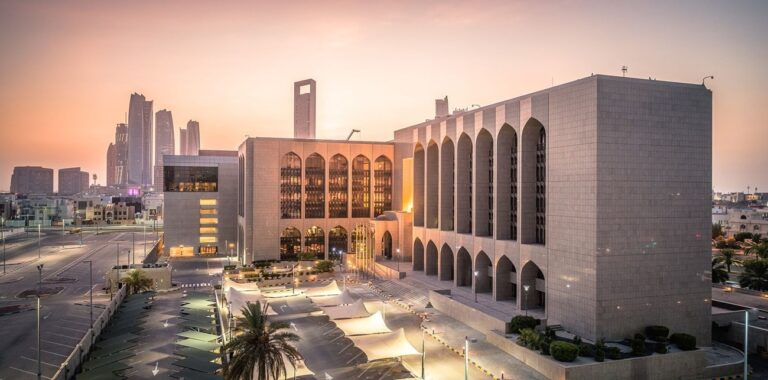The Central Bank of the UAE has revised its inflation forecast for 2024, lowering it to 2.3% from its previous projection of 2.5%. This adjustment, detailed in the bank’s latest quarterly economic review, is attributed to lower-than-expected increases in commodity costs, incomes, and rents.
The bank pointed out that commodity prices, wages, and rents are anticipated to rise at a slower pace than previously forecast, partly due to the dirham’s appreciation resulting from the USD’s appreciation.
“In 2025, inflation is also expected to average 2.3%, mainly driven by the non-tradeable component of the basket with the rising domestic demand,” the report states.
In Dubai, headline inflation moderated to 3.4% in the first quarter of 2024, below the global average, but accelerated to 3.9% in April, largely due to significant increases in transport prices. Housing costs, which constitute a significant portion of Dubai’s consumer basket, continued to rise, reaching an annual rate of 6.5% in April, up from 6.3% in the first quarter. Meanwhile, inflation in the food and beverage category decreased to 2.3% in April from an average of 3.3% in the first quarter.
The Central Bank noted variations in inflation rates across other categories of Dubai’s consumer basket in April 2024, with changes or stability observed in most categories except for clothing and footwear, health, recreation, sports, culture, restaurants, and accommodation services.
“Global inflation is projected to continue declining, while inflationary risks stem from higher transportation costs and supply chain disruptions due to geopolitical factors,” the report says.
“Global inflation is showing signs of moderation. According to the IMF’s April 2024 WEO, global inflation is projected to fall from 6.8% in 2023 to 5.9% in 2024 and 4.5% in 2025. Inflation is declining, driven by still-tight monetary policies, softening in labour markets, and fading pass-through effects from earlier declines in relative prices, notably energy.”
“Depending on inflation dynamics in the US and the EU, interest rate cuts will follow different schedules, as seen in the rate cut in Europe. Interest rate differentials can continue the appreciation of the USD, and therefore of the dirham, which will contribute to mitigating inflation in the UAE, with negligible impact on non-oil exports’ competitiveness.”
ALETIHAD





